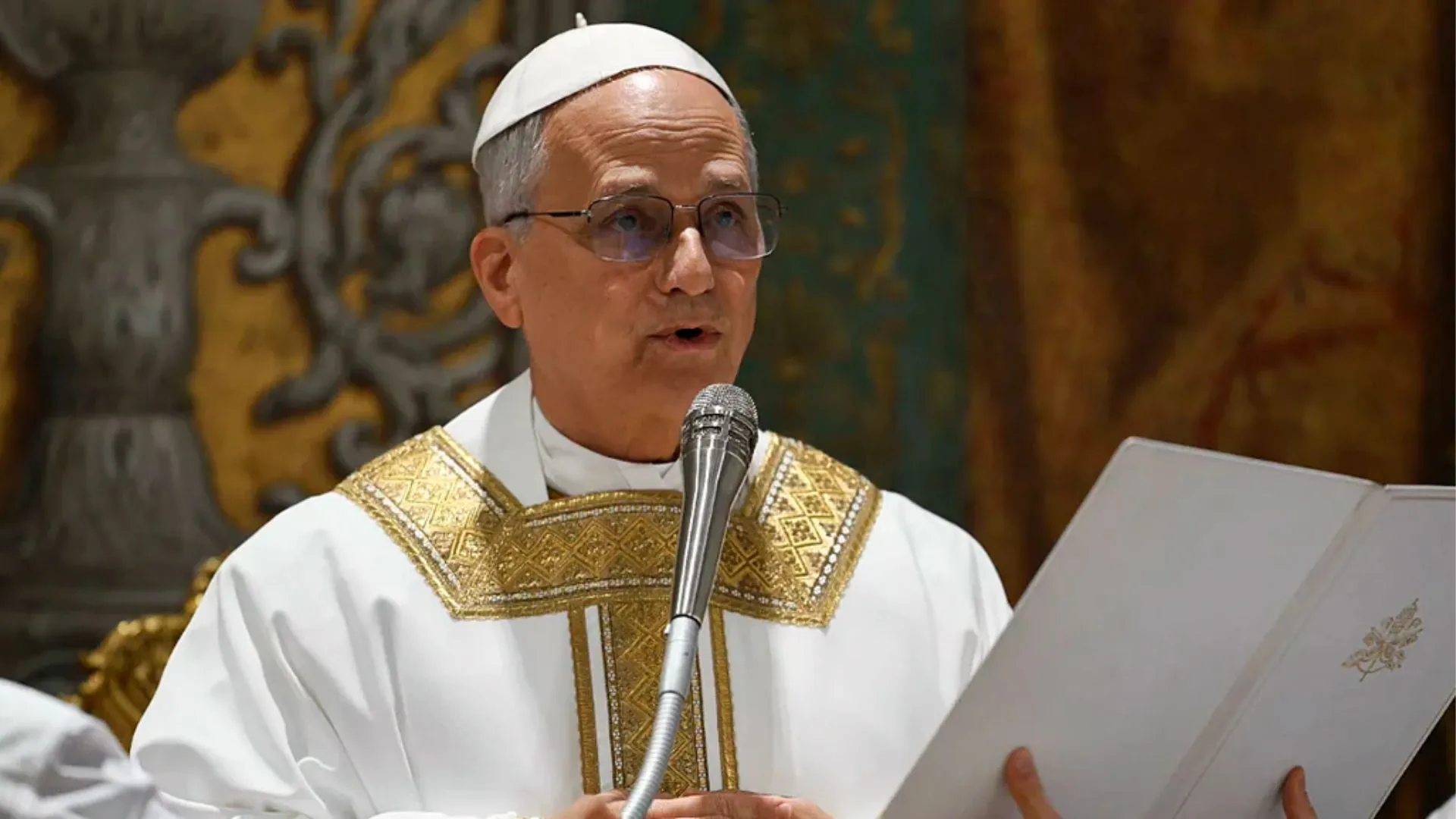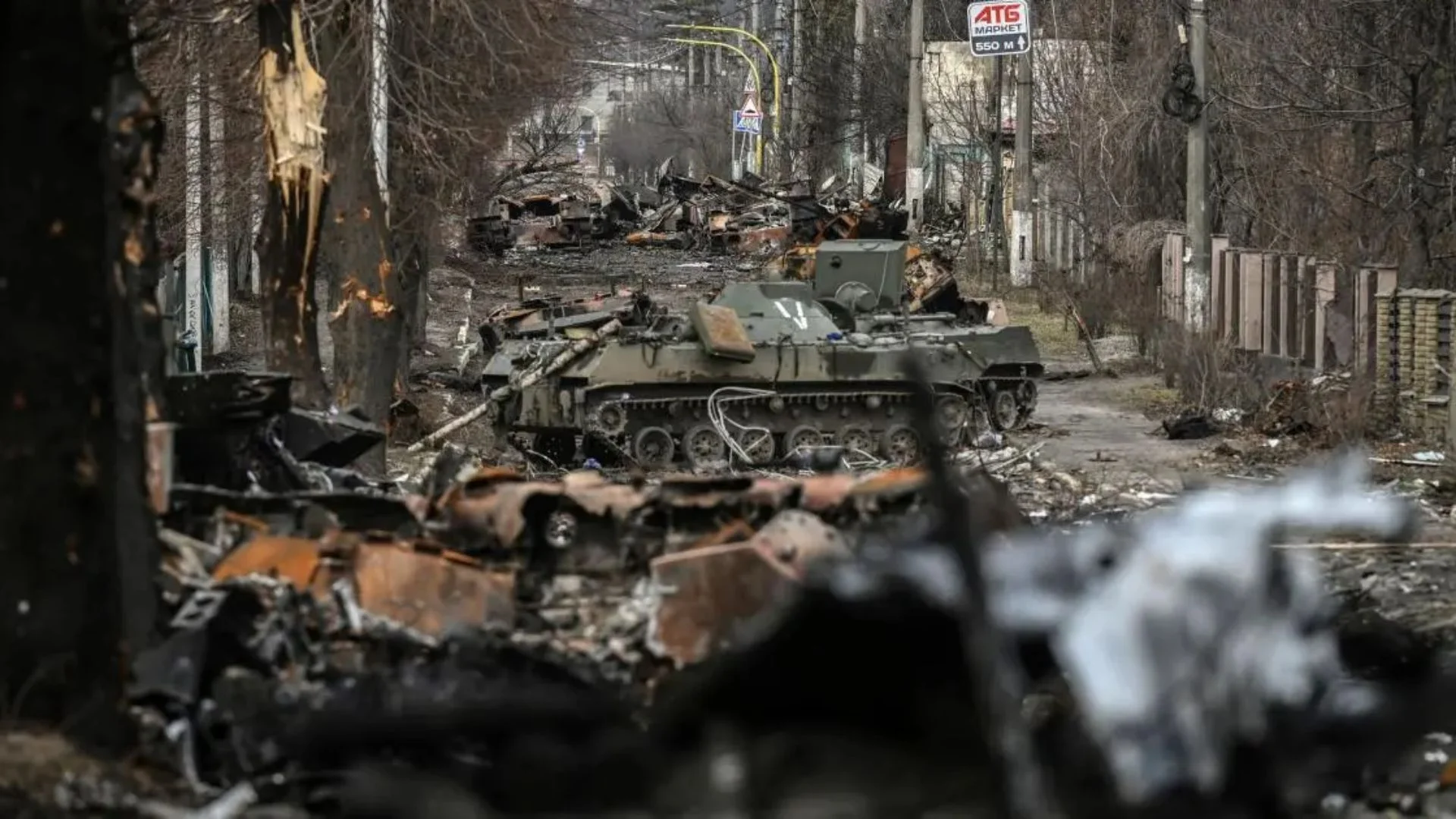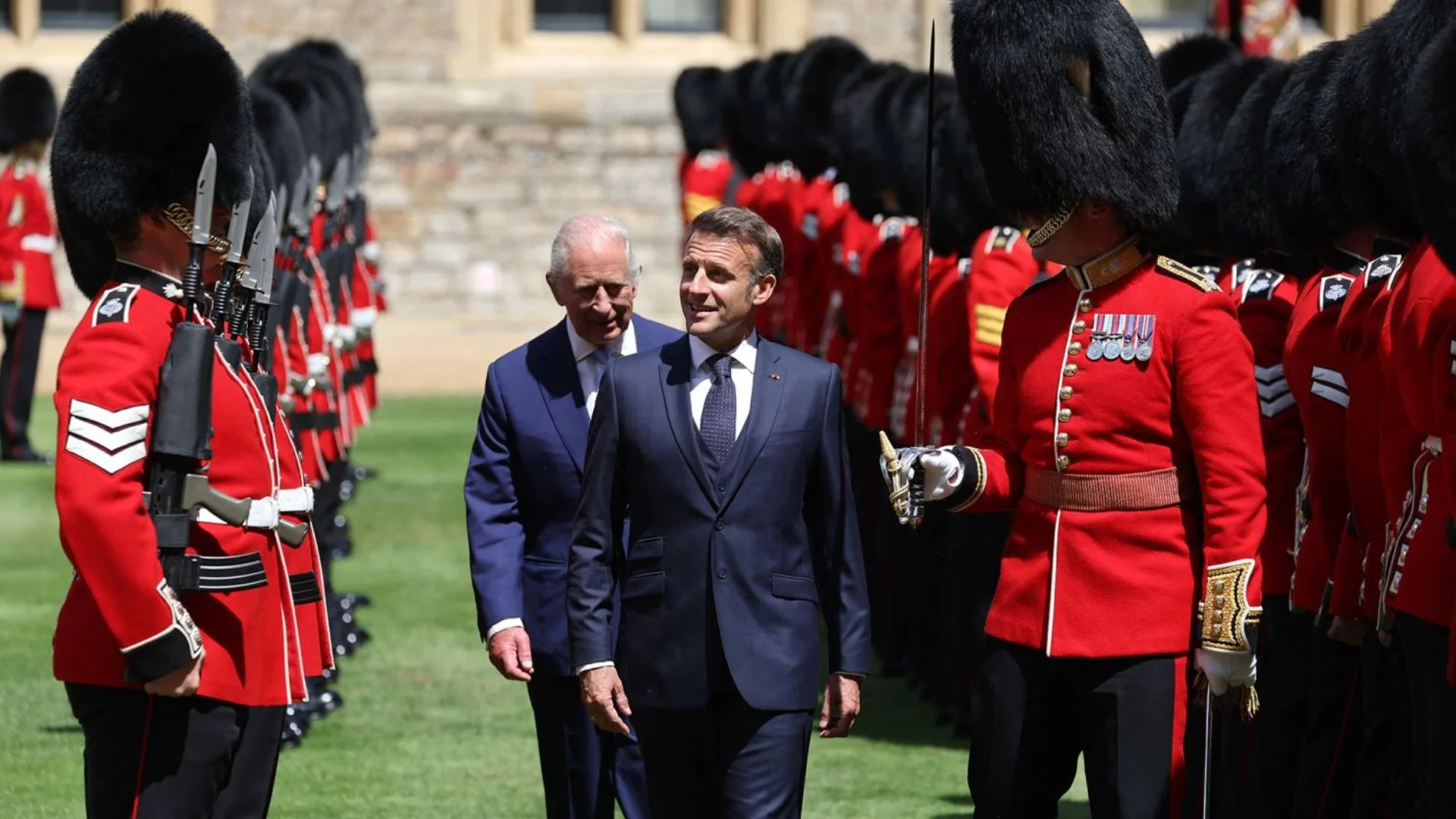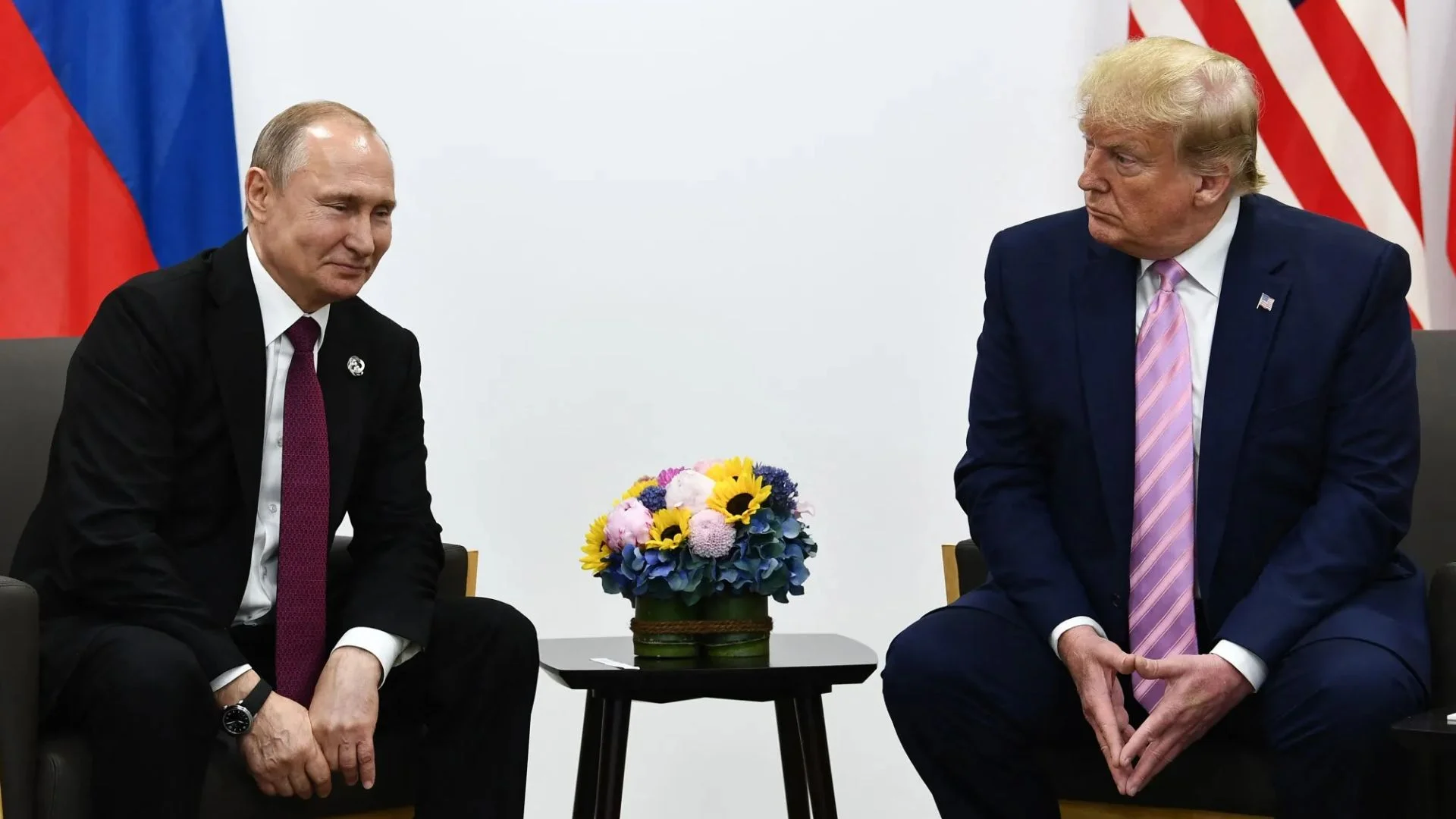Pope Leo XIV has made a significant appointment, naming Fuzhou Auxiliary Bishop Joseph Lin Yuntuan as the first Chinese bishop of his papacy. This appointment reinforces the 2018 Vatican–Beijing accord, first initiated under Pope Francis.
The deal allowed Chinese officials a degree of input in selecting bishops—an arrangement whose specifics have remained confidential.
Pope Strengthens Vatican–China Pact
Still, the Vatican claimed Yuntuan’s ministry is now “recognised” under Chinese law. Beijing’s foreign ministry praised the appointment as evidence the 2018 agreement “had been smoothly implemented,” state media reported.
Around 10 million Catholics live in China under tight state control. Many must choose between government-approved churches or secret gatherings loyal to the Pope Leo XVI. The struggle over who picks bishops, Beijing or the Vatican, remains a deep and emotional divide.
Encouraging Signs or Troubling Compromise?
The Vatican praised the move, calling it “a further fruit of the dialogue between the Holy See and the Chinese Authorities,” and described Bishop Yuntuan’s appointment as “an important step in the journey of communion of the Diocese.”
Observers see this gesture as a sign of reconciliation. Michel Chambon, a research fellow at Singapore’s Asia Research Institute, commented to Reuters that Pope Leo XIV’s decision “shows a willingness to support reconciliation instead of antagonism,” highlighting the symbolic importance of cooperation over conflict.
China and the Vatican’s relationship has been complex. Formal ties were severed in 1951 after the Chinese Communist Revolution. Mao Zedong’s regime suppressed Catholicism and drove it underground until the 1980s, when the government began tolerating religious practices again.
In September 2018, following the initial accord, Pope Francis formally recognised seven bishops selected by China, and posthumously acknowledged an eighth who had died.
What This Means Going Forward
Pope Leo XIV’s decision proves that the Vatican is sticking to the path started in 2018. Some worry it risks Church independence. However, others see it as a practical move to rebuild ties and support Chinese Catholics.






















